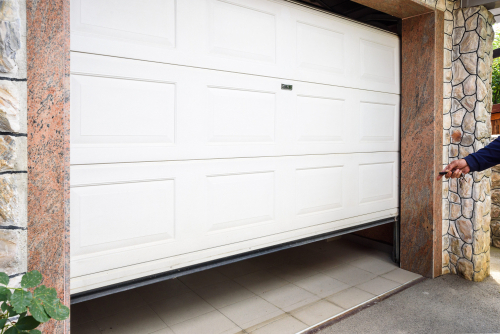How to Diagnose Garage Door Sounds
When a garage door makes odd noises, you shouldn’t ignore them because something in the system is operating efficiently. The most common sounds are thumping, squeaking, grinding, and creaking.
Thumping
You’ll hear thumping often when something in the system is blocking a vital operational component. This noise always generates shortly before the door touches the ground. If a garage has an electric opener, the sound is probably happening because the system is letting the door move too far along the track.
Other steps must be taken if your garage door doesn’t have an opener. In this situation, the thumping sound occurs because the springs need to be adjusted. Spring-related repairs are dangerous, so you may want to hire a highly skilled technician who specializes in garage door repair in Long Beach.
Squeaking
Once a garage door ages, it will begin to squeak slightly during each use. To resolve this problem, you must figure out where the squeaking is generating by running the door multiple times. As the mechanism goes up and down, listen closely and pinpoint the source of the sound. Pay attention to areas where hinges, springs, rollers, and pulleys are found since squeaking noises usually emit around these components. Once you’ve found the faulty device, apply lubrication to stop the squeaking.
Grinding
Grinding is a serious problem that’s easy to diagnose. If you hear this sound and find metal shaving around the garage door, the system probably has a faulty roller, damaged hinge, or bent track.
Creaking
Over time, a garage door will no longer fit snugly in the framing that was put in place during the installation process. The creaking noises happen because the tracks and hinges constantly adjust in order to maintain an ideal position in the framing.











